MercoPress. South Atlantic News Agency
Tag: UNICEF
-
Tuesday, June 28th 2022 - 09:33 UTC
Sexual violence against men underreported in Brazil

A subject still believed to be taboo, sexual violence against men does exist and has been reported to affect 1.8 million people in Brazil, even though the victims might remain silent for ages out of shame and machismo prejudice.
-
Thursday, April 28th 2022 - 09:20 UTC
WHO and UNICEF warn conditions ripe for serious outbreaks of measles

An increase in measles cases in January and February 2022 is a worrying sign of a heightened risk for the spread of vaccine-preventable diseases and could trigger larger outbreaks, particularly of measles affecting millions of children in 2022, warn WHO and UNICEF.
-
Tuesday, December 7th 2021 - 09:00 UTC
World Bank-UNESCO-UNICEF report lays out the magnitude of the education crisis and costs for future generations
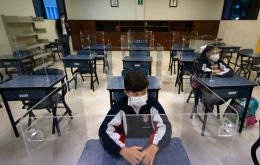
This generation of students now risks losing US$ 17 trillion in lifetime earnings in present value, or about 14% of today’s global GDP, as a result of COVID-19 pandemic-related school closures, according to a new report published today by the World Bank, UNESCO, and UNICEF. The new projection reveals that the impact is more severe than previously thought, and far exceeds the US$ 10 trillion estimates released in 2020.
-
Monday, September 27th 2021 - 09:39 UTC
International community concerned over xenophobia in Chile

The United Nations Children's Fund (Unicef) Saturday asked the Chilean Government to guarantee and protect the rights of migrant children, following violent incidents involving foreign citizens in the city port Iquique, which has been flocked by undocumented migrants.
-
Friday, December 18th 2020 - 06:33 UTC
UNICEF support to feed UK children, first time since end of WW2
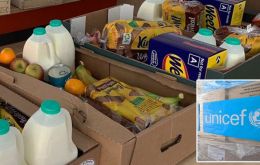
UNICEF has launched a domestic emergency response in the UK for the first time in its more than 70-year history to help feed children amid the COVID-19 pandemic.
-
Friday, November 20th 2020 - 08:40 UTC
Covid-19: UNICEF calls for opening schools and “averting lost generations”

The United Nations agency responsible for aiding children is warning that the costs of coronavirus-related school closures out-weight the benefits, and that the pandemic poses substantial threats to children and their countries' long-term well-being.
-
Friday, September 4th 2020 - 08:45 UTC
UNICEF says “unprecedented quantities” of vaccines can be produced to tackle Covid-19
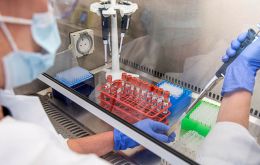
Unprecedented quantities of vaccines could be produced by 28 manufacturers in 10 countries over the next two years to tackle the COVID-19 pandemic, the UN children's agency UNICEF said on Thursday, as it announced it would help lead efforts to procure and distribute them.
-
Thursday, July 30th 2020 - 07:52 UTC
One in three children in the world with high levels of lead, Unicef report
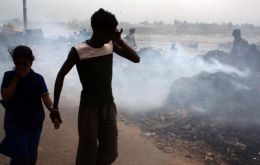
Nearly one in three children around the world have high levels of lead in their bloodstream, according to a new study, as widespread lead pollution puts millions of young people at risk of irreversible mental and physical damage.
-
Wednesday, November 13th 2019 - 09:21 UTC
Curable Pneumonia kills one child every 39 seconds, UNICEF report
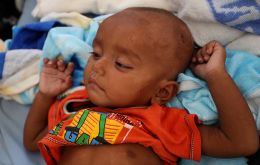
Pneumonia killed more than 800,000 babies and young children last year: or one child every 39 seconds: despite being curable and mostly preventable, global health agencies said on Tuesday.
-
Tuesday, October 15th 2019 - 09:12 UTC
A third of the world's 700 million children under five are undernourished or overweight, UNICEF report
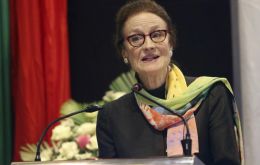
A third of the world's nearly 700 million children under five years old are undernourished or overweight and face lifelong health problems as a consequence, according to a grim UN assessment of childhood nutrition released on Tuesday.
